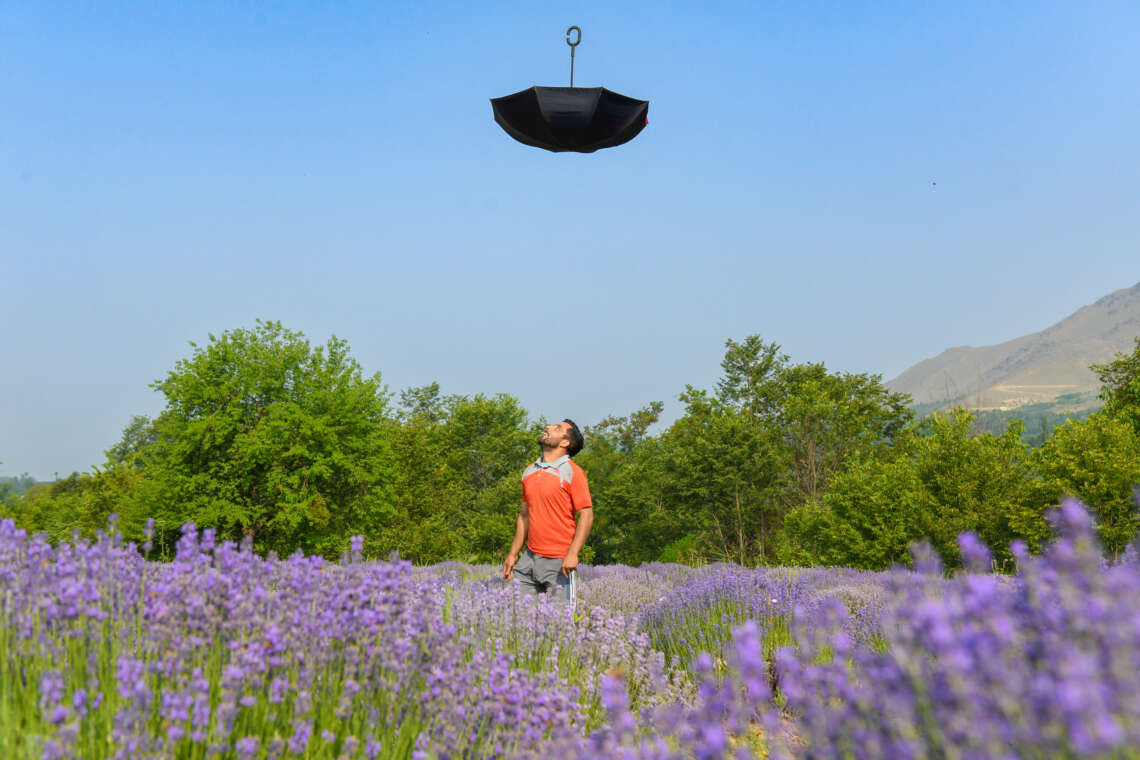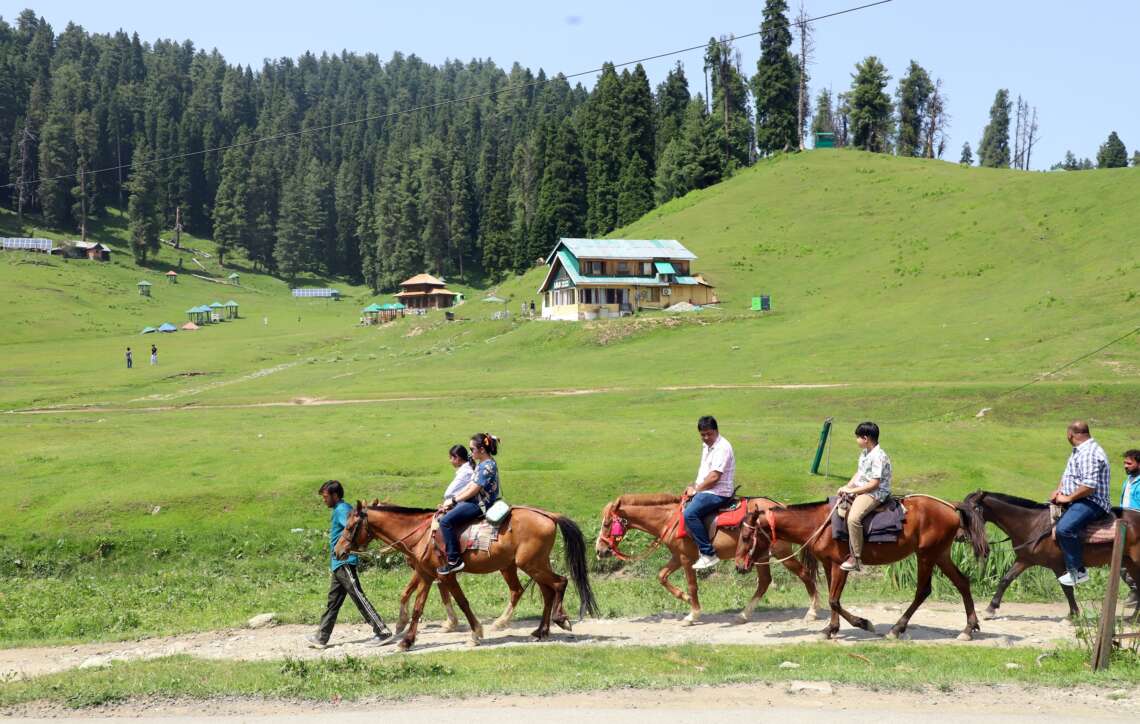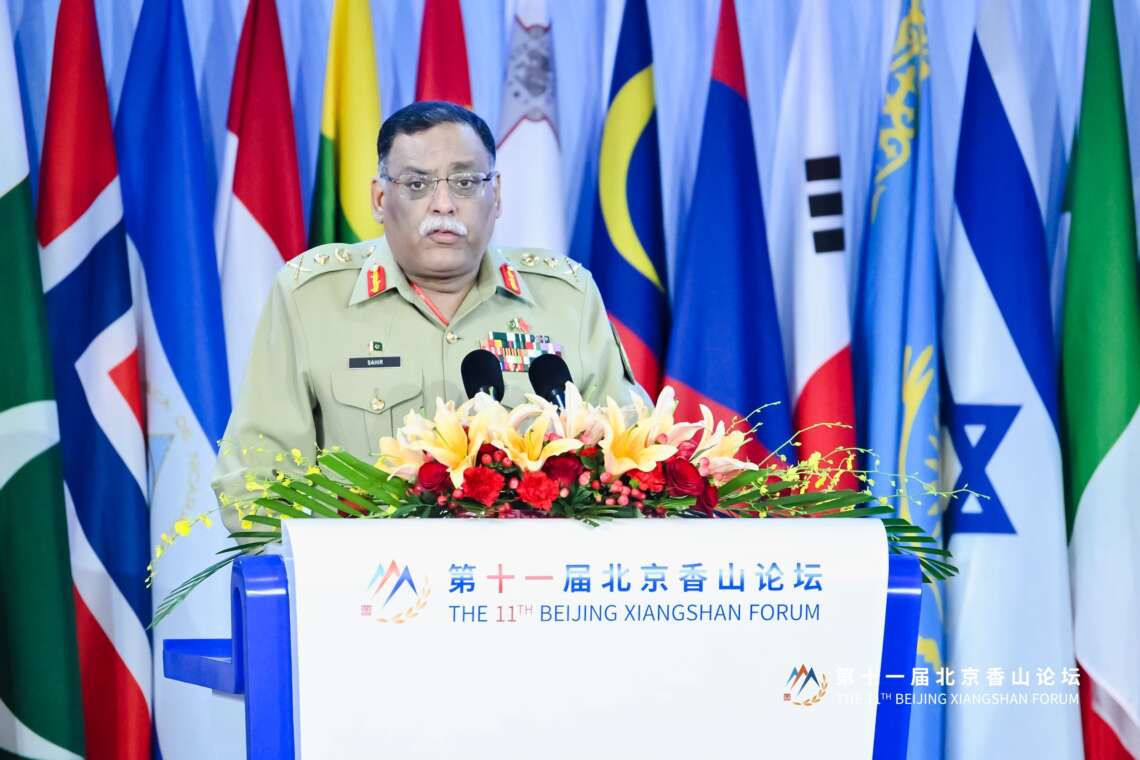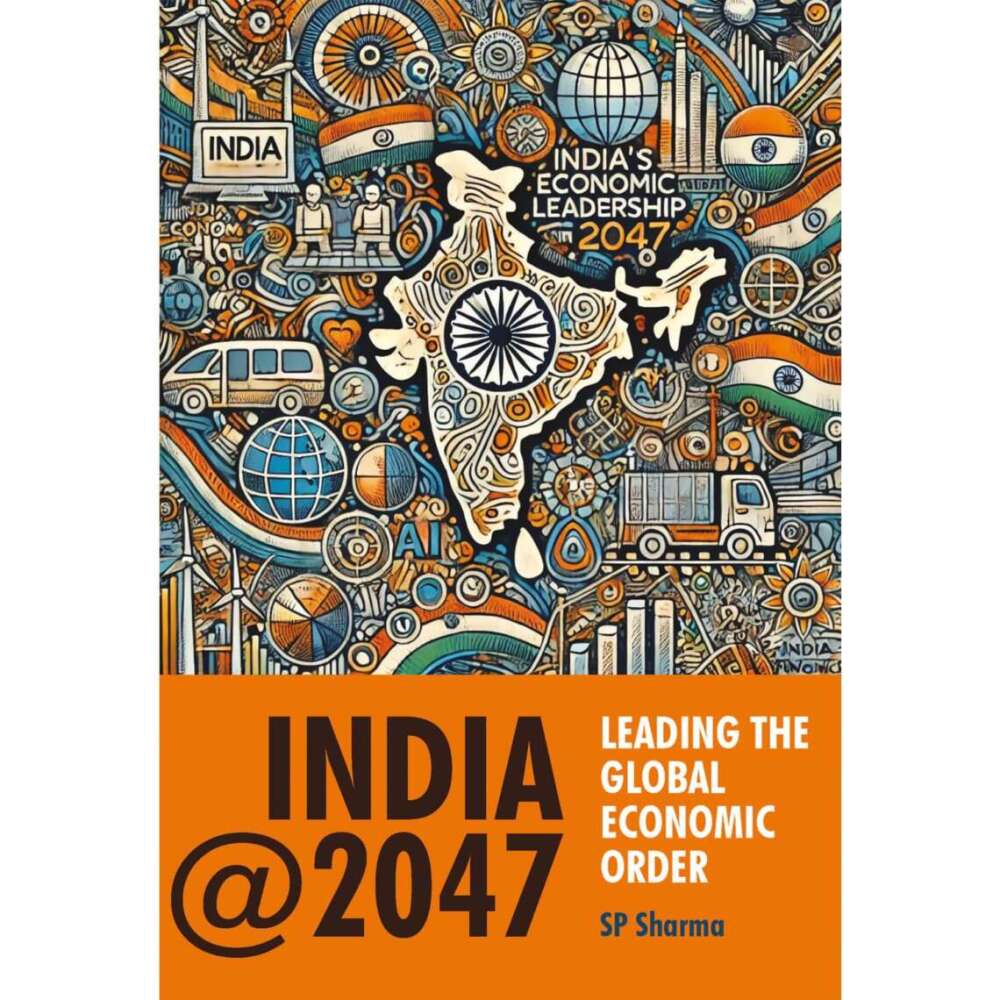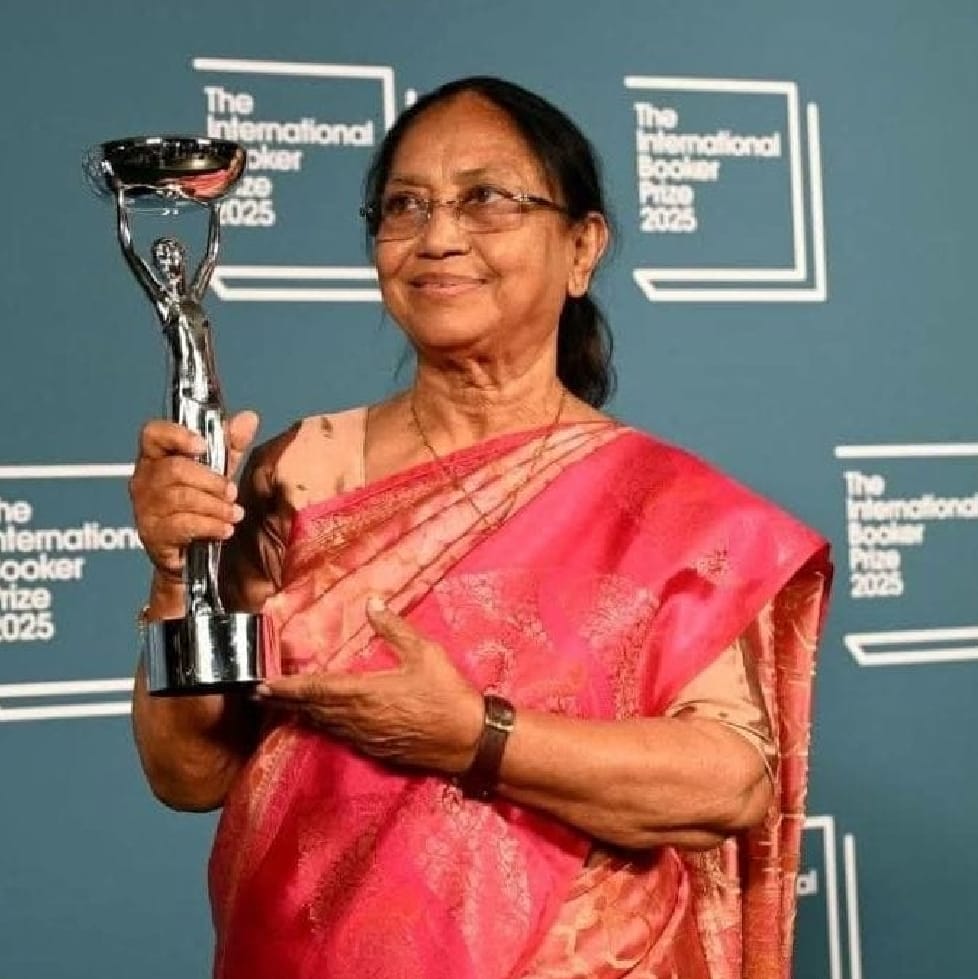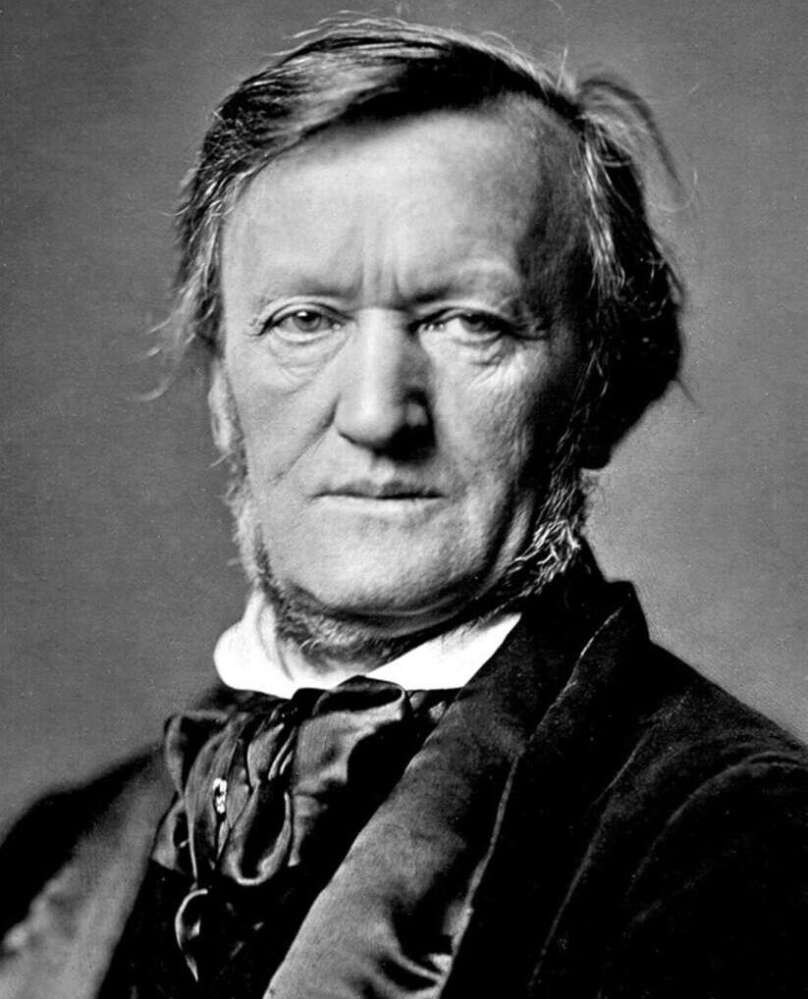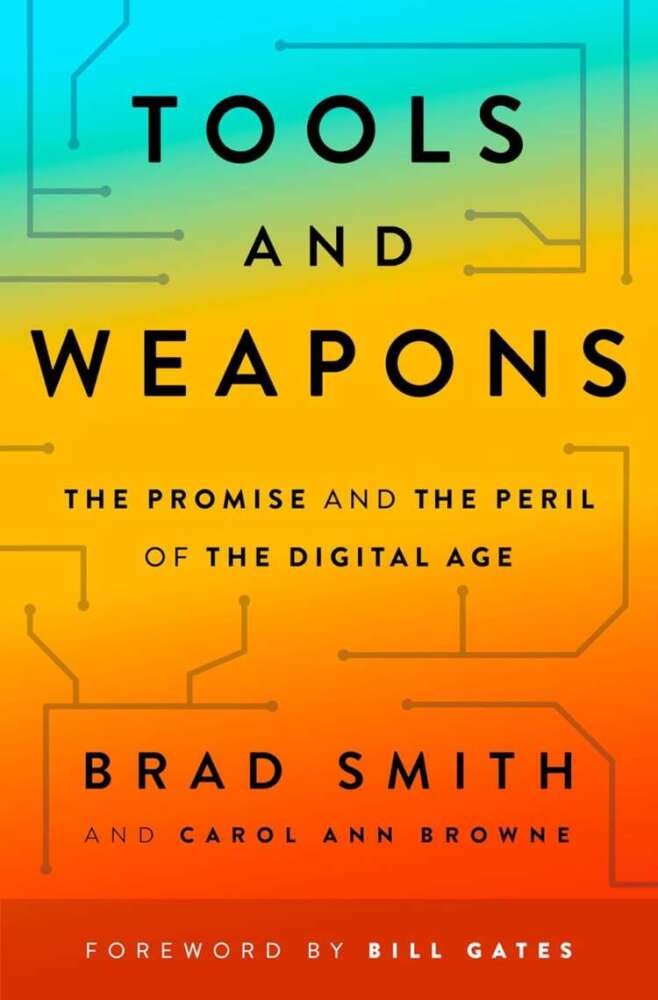It is precisely this link that Prof. Kulbhushan Warikoo studies in his book ‘The Crossroads: Kashmir-India’s Bridge to Xinjiang’ (Rupa), which was released at the India International Centre…writes Kavya Dubey
As China continues to bless the Pakistani deep state’s designs on Kashmir, a former top diplomat has made a pitch for India becoming more active across the Karakoram region and reclaiming the ancient economic and cultural ties that bound it with Kashmir.
There was a time when Kashmir, a bustling centre of scholarship and trade, thrived as a gateway to Central Asia, particularly to the now cordoned-off Xinjiang province, China’s infamous ethnic cleansing laboratory.
It is precisely this link that Prof. Kulbhushan Warikoo studies in his book ‘The Crossroads: Kashmir-India’s Bridge to Xinjiang’ (Rupa), which was released at the India International Centre.
The book casts the spotlight on Kashmir’s long-forgotten historical and cultural heritage that was also influenced greatly by its socio-cultural and economic ties with Xinjiang.
“The seed of the book was sown in 1979, when I met an Uighur and learnt of the ordeal of those people in Xinjiang,” Prof. Warikoo said.
The link between the two regions go at least as far back as the eighth century CE when the emperor Lalitaditya reigned over Kashmir and the Tang dynasty ruled Xinjiang.
Shyam Saran, former ambassador to China and author of ‘How China Sees India and The World’, moderating the discussion, shared an anecdote from a visit to Kashgar, a city in Xinjiang, decades ago.
He met a Kashmiri man who first understood him to be a Pakistani. Upon learning that he is Indian, the trader got excited, spoke to him in Hindustani and opened a box full of silver coins. “This was our currency,” the man said excitedly. “It became redundant after the caravan trade stopped.” These coins were from the era of King George V.
Kashgar was a strategically important oasis on the Silk Road that linked China, the Middle East and Europe. The links with Xinjiang facilitated extensive exchange of traders, monks, philosophers and scholars with Kashmir.
The Gilgit-Kashgar route was the basis of the Karakoram highway, which connects the Gilgit-Baltistan region to the ancient Silk Road.
Fast forward to the days of the British Raj, when Kashmiri traders in Ladakh did not want Englishmen to survey their land, they were quick to relay their concern to Xinjiang.
The Englishmen were led there by an interest they had envisioned decades ahead of that time — that these trade routes were access points to different regions of a tremendously rich land.
The discussion panel also included former ambassador and Secretary in the Ministry of External Affairs, Rajiv Sikri, who pointed out that even in the distinct eras when China and the US were friends and foes, China never opposed US support for Pakistan, nor did the US ever object to China extending support to Pakistan.
This indicates their understanding of the strategic significance of Kashmir and the challenge that Pakistan must constantly pose for it, indicating yet again the geopolitical leverage that Kashmir lends to a nation that exercises control over it.
“Kashmir is both South Asia and Central Asia. This geographical reality was forgotten to our disadvantage,” Sikri said.
“The English saw the strategic advantage of the region, Gilgit being the entry point to this route,” he added.
Their ‘Great Game’ was to check the expansion of Tsarist Russia and then the Soviet Union. But Xinjiang and the Karakoram stood as impediments to British interests, so the Chinese were encouraged to occupy the no man’s land around these regions.
Emphasising that the Indian perspective on Kashmir was “not strategic” until recently, Sikri said the Indian leadership of that time, suffering from “strategic myopia”, failed to see this region for what it was intrinsically, and instead, remained “content to inherit whatever the British left behind”.
When Kashmir became a part of India, there was no discussion about its strategic value, Sikri pointed out.
“India never saw itself as a civilisational state and did not have a maximalist approach unlike China,” he said, adding: “The question is: Should we have laid claim to the Karakoram region?” What, then, stops India from acknowledging and reclaiming its cultural history beyond the Kashmir region?
ALSO READ-Books on Mythology, Freedom Fighters, and Kashmir’s History



